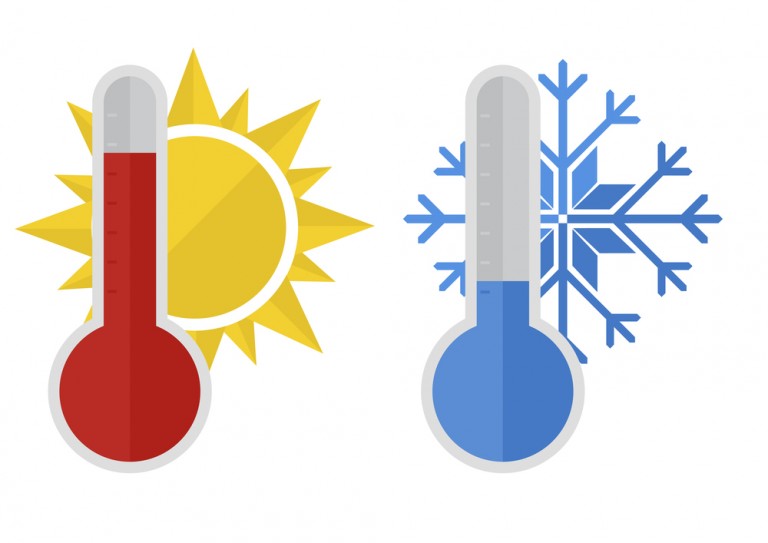Termal Cycling
Thermal Cycling Study
A Thermal Cycling Study provides an assessment of how a product responds to short-term temperature changes, such as those encountered during transportation. The length and storage conditions of studies selected according to the ICH Q1A(R2) guideline should allow for this evaluation and should be sufficient to cover storage, transportation, and subsequent use.
Why is a Thermal Cycling Study Necessary?
While pharmaceutical products are stored in climate-controlled environments in the facility, the shipment of products in the commercial environment presents a different scenario. The transportation process must be conducted in a way that does not adversely affect the quality of the products. Factors such as traffic incidents and unpredictable weather conditions can delay shipments and have a harmful impact on the product.
Conditions encountered during transportation may differ from the specified range identified in stability studies for long-term storage. Therefore, thermal cycling studies, also known as freeze-thaw studies, are conducted to assess the potential effects of short-term temperature deviations that may occur during the transportation process.
Thermal Cycling Process
An example study would follow the process outlined below:
- Samples with recommended storage conditions between 20°C to 25°C.
- Samples placed in stability storage at -20°C for 48 hours.
- Samples then transferred to 40°C/75% RH for the next 48 hours.
- The procedure is repeated for a total of 3 cycles.
STAMERK can customize Thermal Cycling/Freeze-Thaw studies according to the specific requirements of customers.
